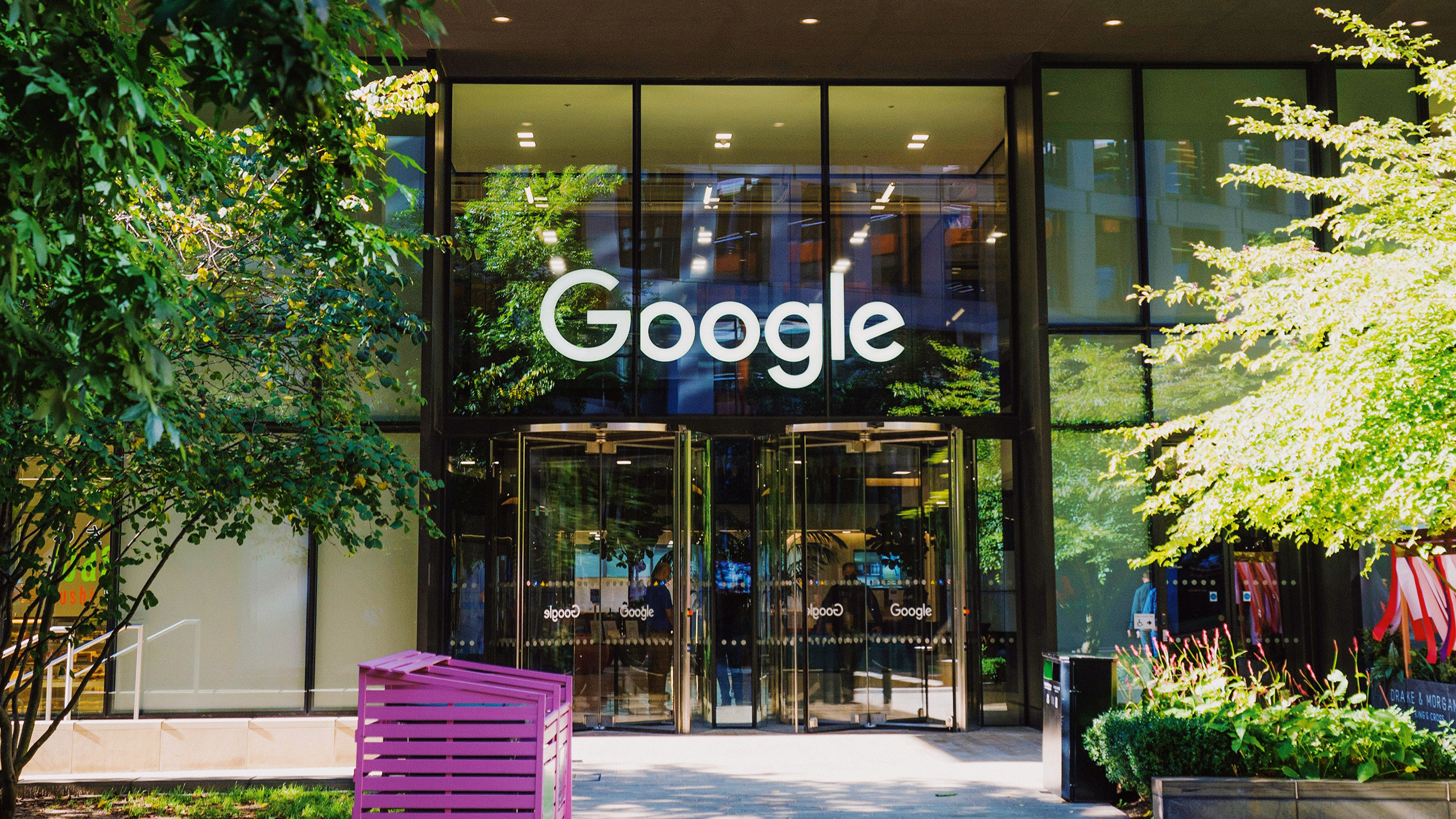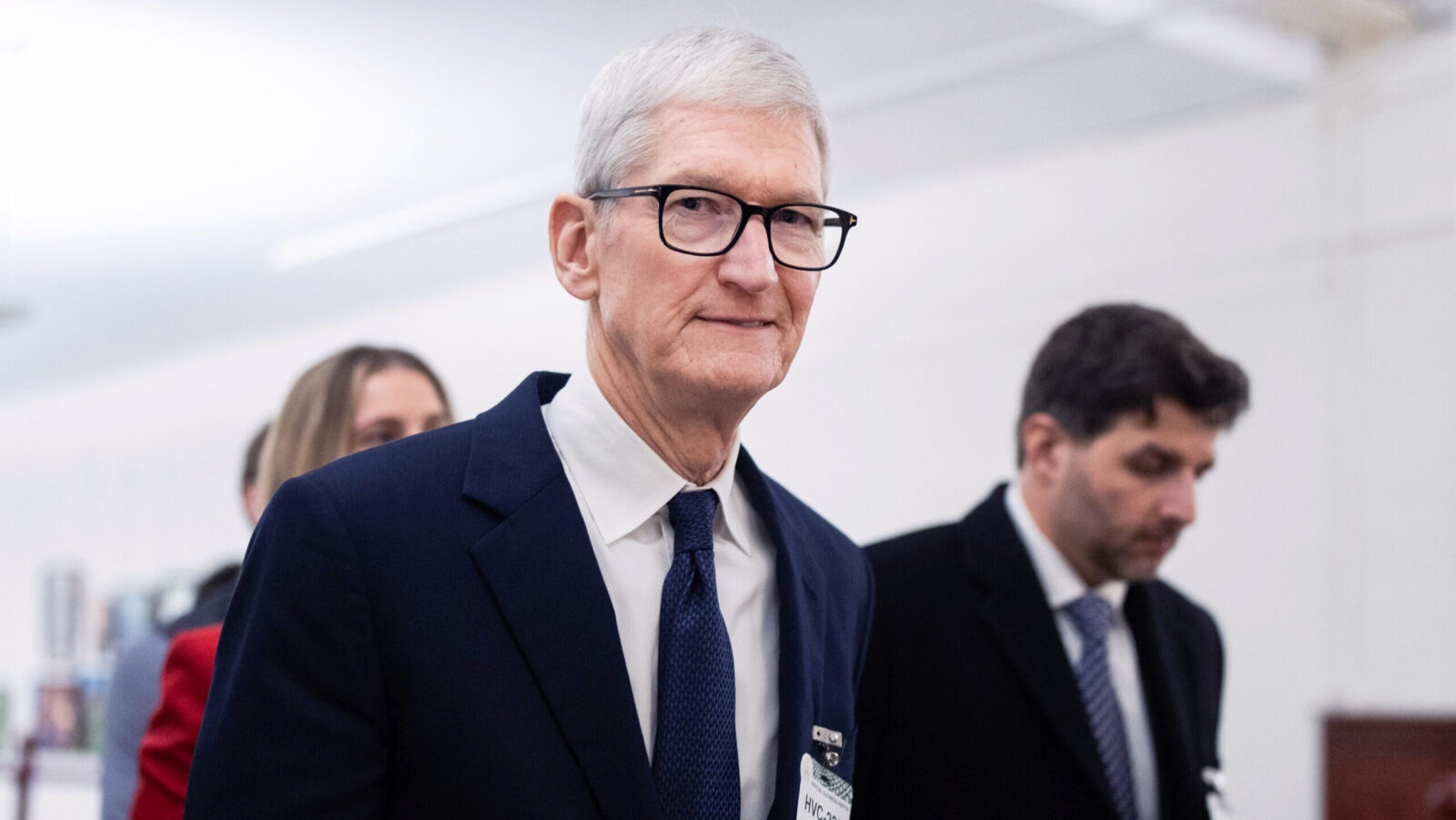Google Loses Second Round to Government in Monopoly Fight
The decision could reshape the economy of the internet — and it’s just one of several forces testing Google’s empire.

Sign up for smart news, insights, and analysis on the biggest financial stories of the day.
How does the US government enforce antitrust law against Big Tech? To paraphrase a quote sometimes attributed to Ernest Hemingway: slowly (or not at all) for 20 years, and then all at once.
A US judge ruled on Thursday that Google maintained an illegal monopoly in parts of the digital advertising ecosystem, just eight months after another judge found the company held an illegal monopoly in the search market last September. The decision could reshape the economy of the internet — and it’s just one of several forces testing Google’s suddenly much more fragile empire.
Google’s Invisible Hand
Google’s ad tech business, which facilitates ad placements on third-party sites across the web (such as news sites or recipe pages), is a three-pronged operation: one prong offers publishers a tool for displaying ads on their websites, one prong offers advertisers a tool for buying such ad space, and the other prong is an exchange that facilitates the split-second auctions for the entire operation. Web publishers have long complained that Google effectively forces the “tying” of these services together — e.g., using the publisher tool requires using the exchange tool — and thus Google uses its leverage to extract unfairly high fees.
On Thursday, a US district judge agreed (though said the government failed to prove a monopoly in the advertiser side of the equation). For publishers and creators who rely on internet ad revenue — some of whom, including News Corp and Gannett, testified as witnesses in the trial — the ruling is likely a major win.
For Google, it’s just the latest challenge to its once ironclad grip on the internet economy:
- Advertising accounted for about 75% of Google’s total $350 billion of revenue last year, with its ad tech business accounting for nearly 9% of total revenue. As part of the case, the Department of Justice recommended that the judge order Google to divest pieces of the ad tech business, which could potentially threaten tens of billions of dollars of annual revenue.
- Google’s search side of the business may also shrink soon due to looming judgments from the company’s other lost monopoly case. It’s also starting to face more organic competition: Udayan Bose, founder and CEO of digital growth marketing agency and Google Premier Partner NetElixir, told The Daily Upside that his clients have seen an 8% drop in search traffic since the arrival of AI chatbots like ChatGPT.
Over the Garden Wall: While Thursday’s ruling is being seen by most as a win for publishers and creators, one consequence could be a smaller internet. Google “will have no other option but to just double down on its effort to create the ‘walled gardens,’” Bose said. With a likely reduced ability to monetize eyeballs on third-party sites run by publishers and creators, Google will be incentivized to “really keep people within the Google ecosystem” that consists of “about six to seven of Google properties, like YouTube or Gmail, with more than a billion active users.” Rest assured, it launched an ad placement service in 2021 for advertisers, called Performance Max, which uses AI to place ads across the Google ecosystem — be it YouTube, Maps, or elsewhere. And, per Bose, the cost per click for advertisers has ticked up about 27% each year since its launch.











